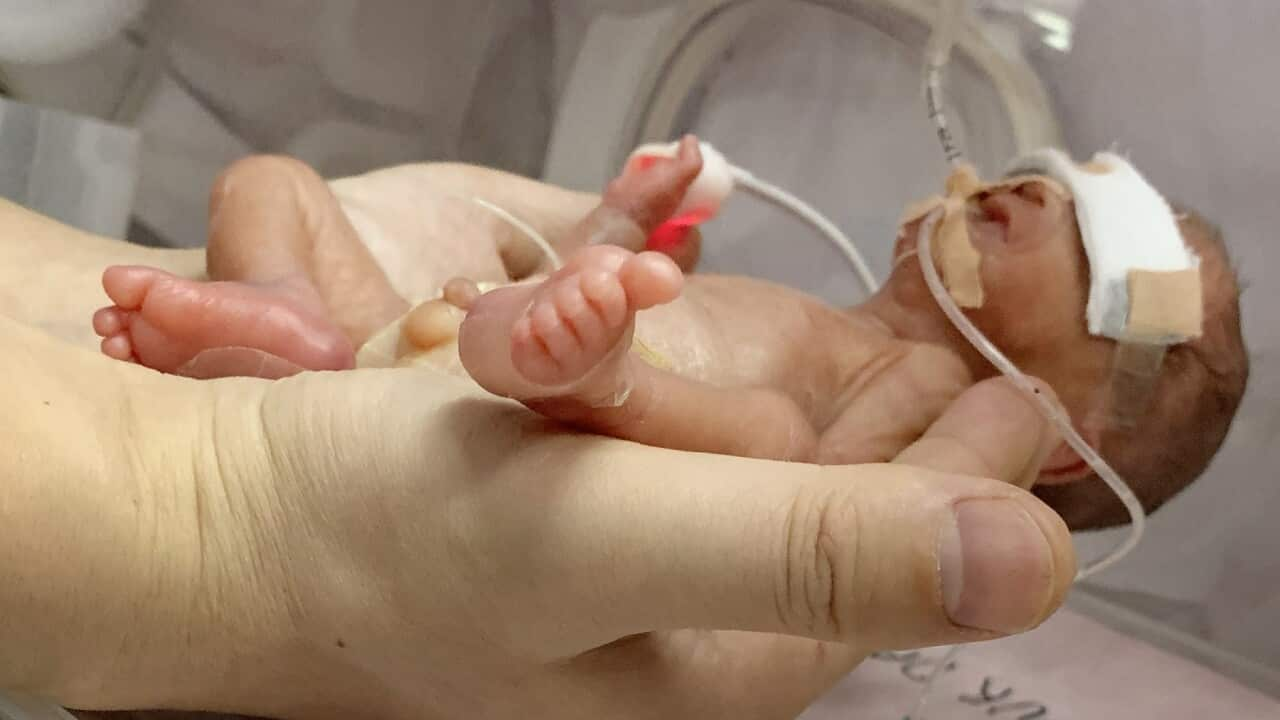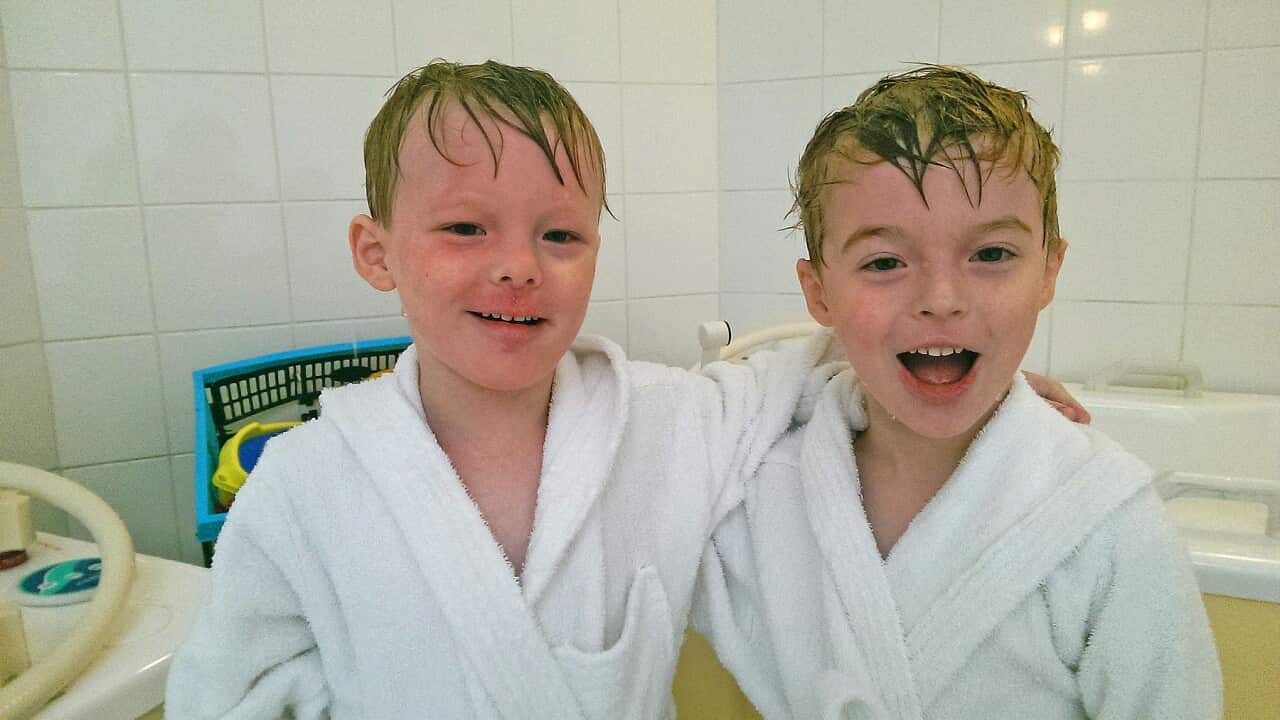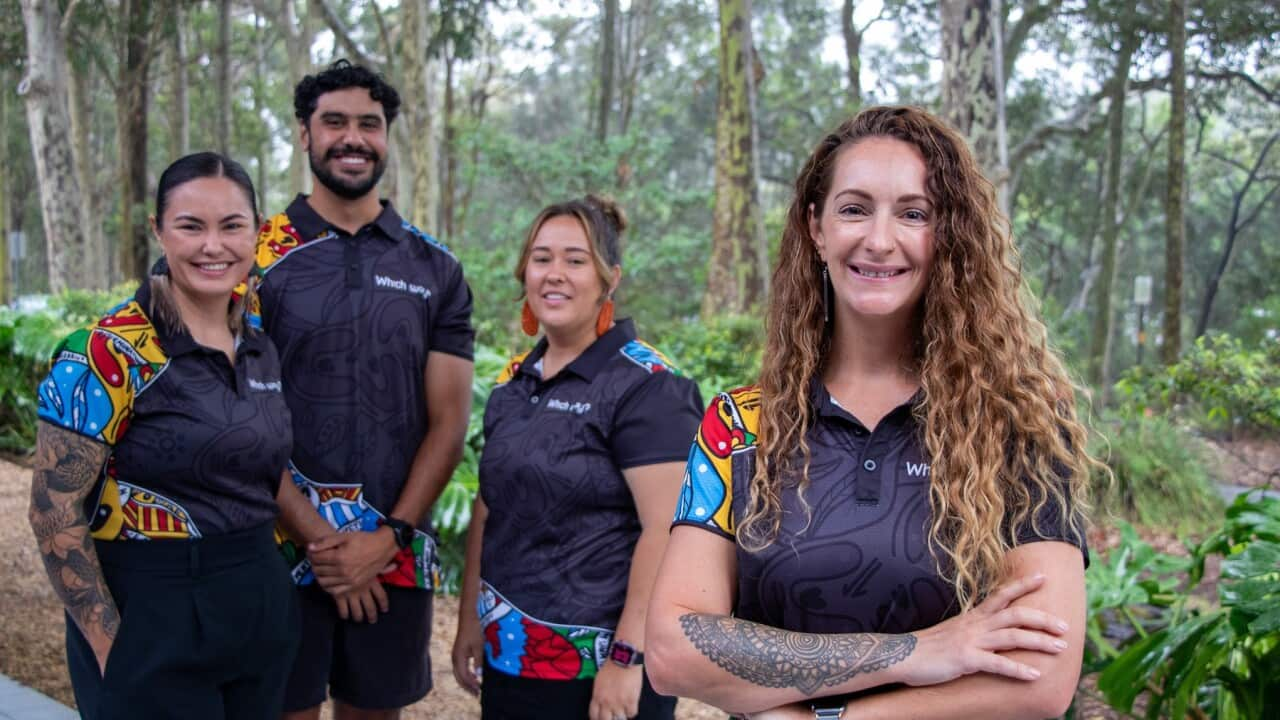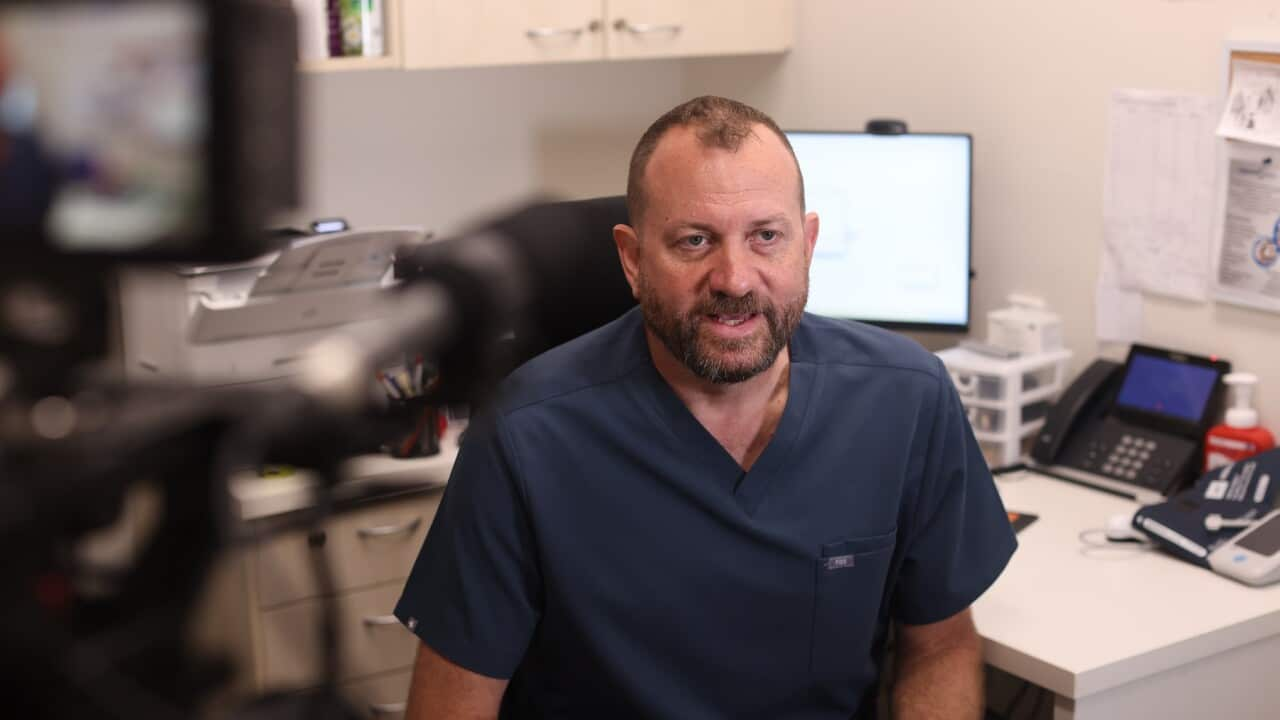TRANSCRIPT
Ashleigh Evans' baby, Charlie, was born weighing only 572 grams.
She had to wait a week before touching her baby for the first time.
He was so small his father's wedding ring would have fit easily around his arm.
She says the moment she felt his touch, everything changed.
"I think it was up to two minutes for them to actually logistically pick him up out of the incubator and put him on my chest safely. So, it was quite involved and just felt surreal really. Up to that point, I hadn't felt like his mother. It hadn't... Maybe it hadn't sunk in or maybe it didn't feel real. So that was the most affirming point at the start. I remember writing in the journal that I was keeping at the time that it felt like, all of a sudden, my world had changed. So it was a huge moment in his, in both of our lives I suppose."
Charlie was born at just 23 weeks and is now two years old.
After five months of intensive care and multiple surgeries, Charlie was finally discharged from hospital.
His father, Lachlan, says the babies in the ward are facing severe difficulties.
"We were there for a long time and Charlie seemed to have got away better than the rest. And we're acutely aware of that because we stay in contact with these people, you know, the nasal-gastric tubes. Yeah, there's extensive problems with these poor bubs and Charlie narrowly avoided the majority of them."
Breathing is one of the biggest challenges for preterm infants with under-developed lungs.
Infants are currently given air that is about 21 per cent oxygen.
New research from the University of Sydney shows a higher concentration of oxygen in the air provided to premature babies could help prevent up to 50 per cent of deaths.
Dr James Sotiropoulos is one of the lead authors of the study.
"So our study showed that in very preterm infants, or those less than 32 weeks gestation, that starting the resuscitation process with very high concentrations of oxygen, so 90 to 100 per cent, led to a reduction to the risk of death by about a half. That was when it was compared to a current standard practice of using room air or only 21 per cent oxygen."
Dr Sotiropoulos says increasing the concentration of oxygen is a simple, cost-efficient change that doesn't require new drugs.
"The beauty of this type of intervention is that it's not an expensive, fancy new drug, or an expensive new piece of equipment. It's a simple enough change to current practice. So, with the existing equipment that we have in current hospitals in Australia, it would be relatively easy to implement."
Although experts say further research is necessary, the study could potentially save millions of little lives.
However it might be years until families see it in action.
Danielle Hodgson is the Chief Operating Officer of the Miracle Babies Foundation.
She talks about the impacts of long-term intensive care for premature children, but also their parents.
"These babies can face multiple surgeries, procedures, life-threatening illnesses and conditions during their time in hospital. And so parents will be travelling to-and-from the hospital every day to be by their baby's side. Providing milk, being involved in cares, kangaroo-cuddles, and more. And it's just such an isolating and traumatic experience and it can affect them emotionally, but also financially. There are increased risks of post-natal depression, anxiety and PTSD. And, for many of these parents, that trauma will stay with them for a lifetime."
In Australia, around eight per cent of babies are born prematurely or under 37 weeks' gestation.
Infants born around 24 weeks, like Charlie, have a survival rate of about 60 per cent when admitted to a neonatal intensive care unit.
A third of those babies go on to develop a severe disability.
For Indigenous mothers, the rate of preterm birth is closer to 16 per cent, double the national average.
Dr Kiarna Brown is a Gynaecologist and Obstetrician and the Northern Territory lead for the Australian preterm birth prevention alliance.
"We know that the babies are doing some really important growing and developing, even after 37 weeks. So we know that our rates of preterm birth, where I work, in the Top End, are much worse than the rest of the country, particularly for First Nations women."
Dr Brown, who cares for some of Australia's most vulnerable mothers, says more groundwork needs to be done.
"We're trying to develop a project where we can empower these women through pregnancy education to understand what to expect as being normal, but also recognising when things aren't going to plan and having some education around how to navigate that pathway as well."













